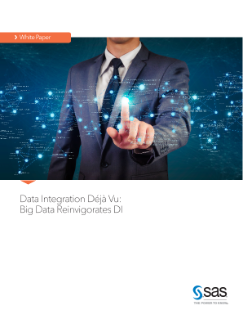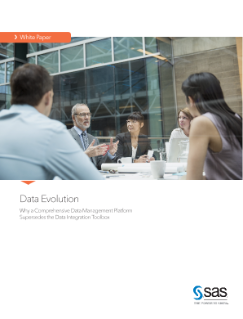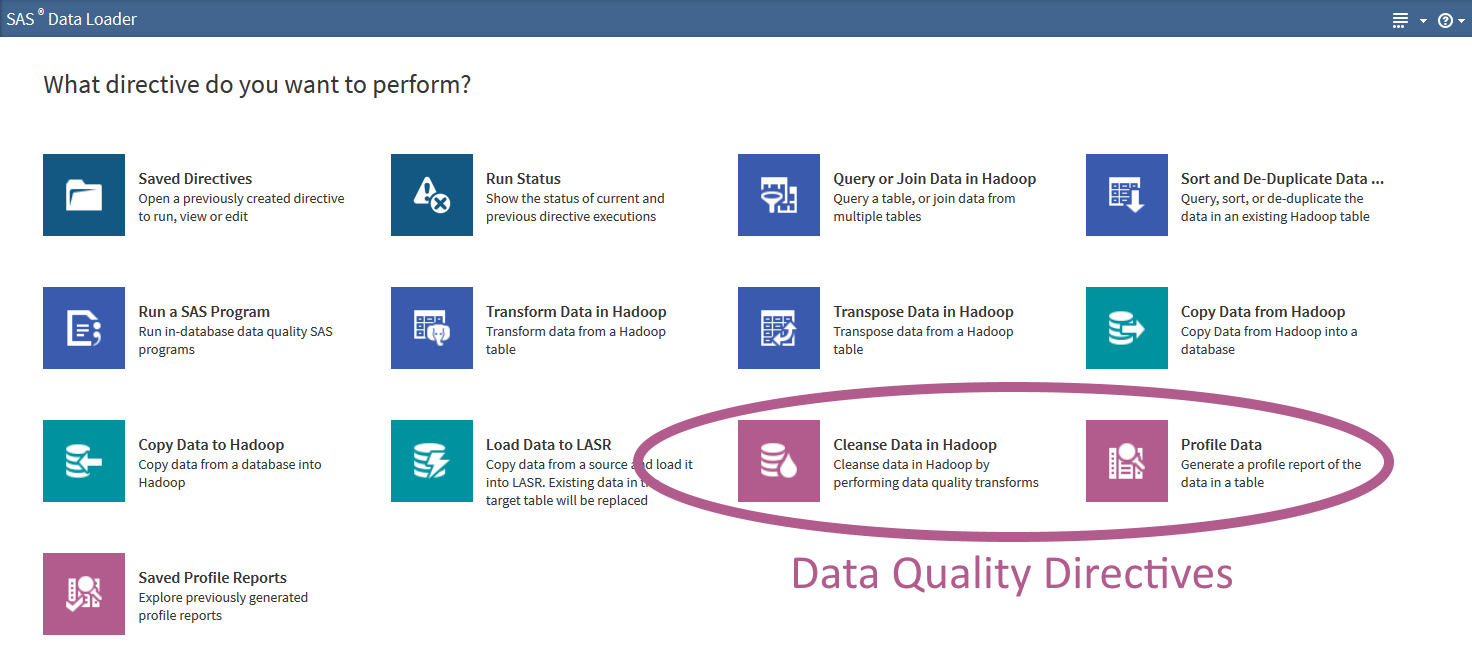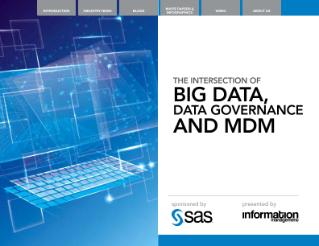
While not on the same level of Rush, I do fancy myself a fan of The Who. I'm particularly fond of the band's 1973 epic, Quadrophenia. From the track "5:15": Inside outside, leave me alone Inside outside, nowhere is home Inside outside, where have I been? The inside-outside distinction is rather apropos








